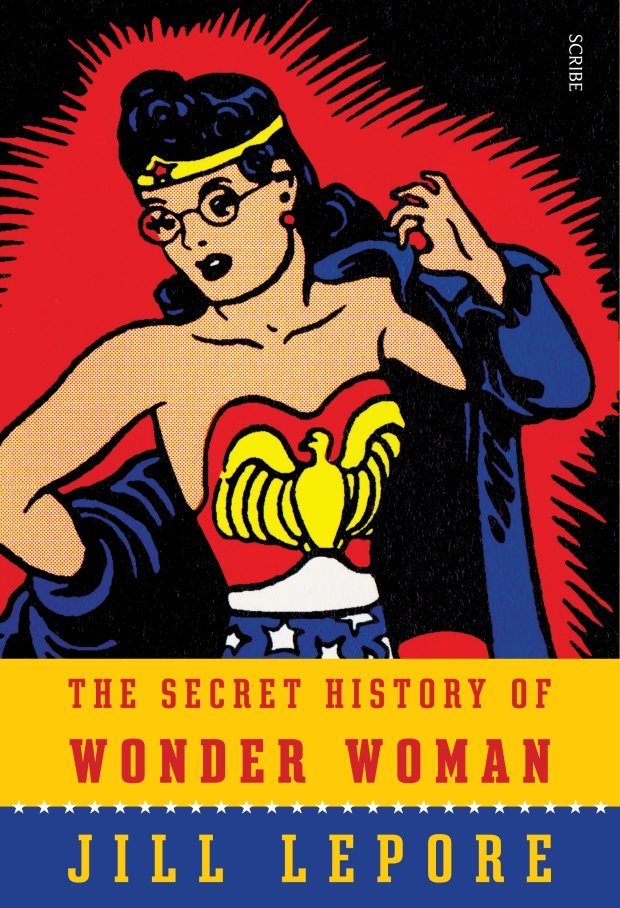Why you can trust GamesRadar+

Release Date: 1 December 2014
448 pages | Hardback
Author: Jill Lepore
Publisher: Scribe
Right from the start, it was no secret to DC’s editors that Wonder Woman was disconcertingly kinky; fan letters from bondage fetishists only confirmed it. No secret either that her creator, William Moulton Marston, meant her to be not just a female hero but a feminist one, explicitly countering what he identified as “the comics’ worst offence”, their “blood-curdling masculinity”, by redefining heroism, creating “a feminine character with all the strength of Superman plus all the allure of a good and beautiful woman.” The secrets uncovered in this mesmerising book explain the reasons for both the feminism and the kinkiness.
In several ways, Marston’s life revolved around secrets and deception. He had four children by two women, and they all lived together under one roof, often with a third woman added to the mix. The children all knew which of the women was their mother, but that was all. The group weren’t just unconventional but radical; one of the women, Olive Byrne, was related to great suffragists of the early 1900s – her aunt was Margaret Sanger, the early champion of birth control and mistress of HG Wells, and her mother Ethel Byrne almost died on a hunger strike in 1917 while imprisoned for advocating contraception.
Olive wore “slave bracelets” that inspired Wonder Woman’s, and this absorbing book traces the roots of the Wonder Woman mythos in feminist imagery and concepts: women in chains, dominance vs submission, Amazons living in a utopia without men, and much more. It posits a plausible explanation for the choice of Harry G Peter as artist, whose quirky artwork contributed so much to Wonder Woman’s oddness (the choice was Marston’s, and Peter might have been selected because he understood the feminist agenda, having been one of two artists who illustrated the pro-suffrage page in Judge magazine). It also identifies some very specific sources – for Wonder Woman’s origin story, plus a whole range of plots and characters – in earlier works as well as events and people in Marston’s life.
The book recounts Marston’s checkered career as an academic psychologist, lawyer and writer, and his sometimes surprising impact in all these fields. It reveals his amazing role as a consultant in Hollywood in the early ‘30s, influencing the great Universal horror films Frankenstein, Dracula and The Invisible Man; he tested audience reaction to Dr Jekyll And Mr Hyde by monitoring the audience’s blood pressure. He tirelessly promoted himself as “inventor of the lie detector” (life revolving around deception again), which was half-true, and his efforts helped popularise the device, which became astonishingly widely used in American business and political life; but the book also discovers Marston’s role in the landmark 1923 case, Frye vs United States, which established that lie detector evidence was inadmissable in US courts.
This richly rewarding book seamlessly combines rigorous scholarship and rivetting readability. It illuminates the histories of a problematic comics icon, feminism, American law, popular psychology and popular entertainment. A must-read.
Alex Summersby


